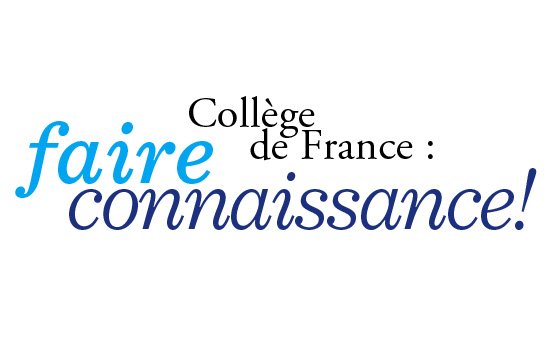
William Marx, Professor at the Collège de France and holder of the Comparative Literatureschair, will givea lecture on Saturday 23 March 2024 at 11 h, entitled " Why read Don Quixote today ? ".
The lecture will take place at the Conservatoire Georges Bizet, 3 place Carmen, Paris 20th.
The year 1605 : publication of Don Quixote, a stroke of genius that inaugurates the modern novel and literature. With astonishing verve, fantasy and wit, Cervantes unfolds the incredible adventures of the ingenious hidalgo and his squire Sancho Panza over more than a thousand pages. But this universal masterpiece is much more than a farce. It is a critical reflection on society and prejudice, a meditation on illusion and the necessity of myths, on God, on existence and on the means to lead a just and good life worth living in a hostile world. There's a whole philosophy in Don Quixote that deserves to be brought to light. These are just some of the reasons why, four centuries after its publication, reading Cervantes' masterpiece is not only useful and enjoyable, but necessary.
The lecture will be punctuated by excerpts from Don Quixote, read by Frédérique Bruyas.
William Marx is Professor of Comparative Literatures at the Collège de France ( ). Born in Villeneuve-lès-Avignon in 1966, William Marx studied at the Lycée Thiers in Marseille, before entering the École normale supérieure in 1986. Winner of the agrégation in classics in 1989, he defended his doctoral thesis in 2000 at the University of Paris-Sorbonne and his habilitation to direct research in 2005 at the University of Paris 8 Vincennes Saint-Denis. He taught in the USA and Japan, as well as in several French universities, before being elected Professor at the Collège de France in 2019, holding the Comparative Literatures chair.
Member of the Academia Europaea, laureate of the Académie française (Prix Montyon in 2010), honorary member of the Institut universitaire de France, former fellow of the Institut d'études avancées de Berlin, holder of the International Francqui Professor chair, regularly invited to foreign universities, editor of the works of Paul Valéry and T. S. Eliot, he works on the long-term evolution of aesthetic systems and the status of literature from Antiquity to the present day, and on how they vary from one culture to another, with research on Greek tragedy, Japanese Noh and European modernism, among others. His books, most of which have been published by Éditions de Minuit and translated into a dozen languages, include Naissance de la critique moderne (2002), Les Arrière-gardes au XXe siècle (2004), L'Adieu à la littérature (2005), Vie du lettré (2009), Le Tombeau d'Œdipe (2012), La Haine de la littérature (2015), Un savoir gai (2018), Vivre dans la bibliothèque du monde (2020) and Des étoiles nouvelles (2021).
These lectures, which are aimed at the general public, reflect the variety of disciplines present at the Collège de France : history, economics, sociology, literature, but also biology, chemistry, mathematics and the evolutionary sciences are all involved.
With this new event, the libraries of the City of Paris are fulfilling their mission to disseminate knowledge and combat misinformation by offering the public opportunities to decode and explore certain areas of knowledge in greater depth. The aim is also to open a window onto the world of research and how it works, and to bring Parisians closer to an exceptional institution, the Collège de France, which has been at the heart of the city's intellectual and scientific life for five centuries.










